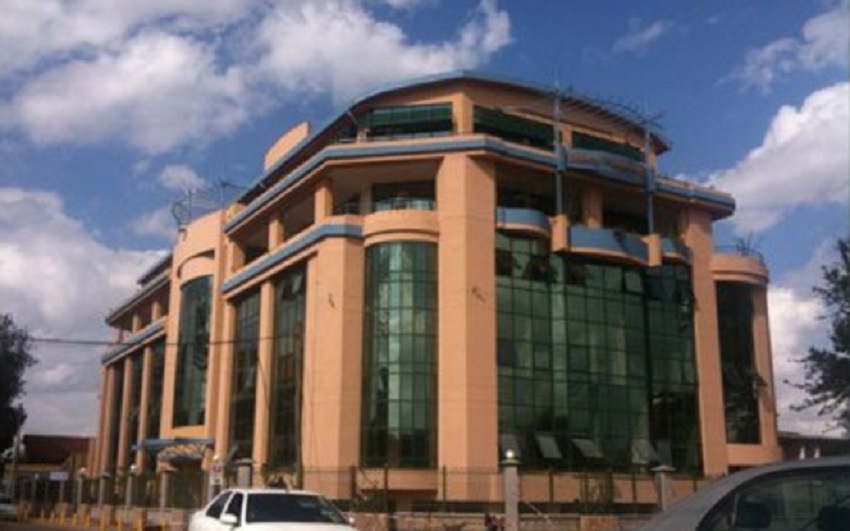Kenyan innovation space iHub has raised funding from a number of local investors in order to help it scale operations, tighten up its service offerings and reach sustainability.
Launched in Nairobi in 2010, the iHub aimed to provide a home for Kenya’s tech community and allow developers and entrepreneurs to connect and work on ideas from. It currently has more than 16,000 members, and also includes the m:lab incubator, iHub Research and Gearbox.
In a blog post, iHub co-founder Erik Hersman declared the “next chapter” for the space, with the hub having raised funding from a group of local investors, namely Bitange Ndemo, Becky Wanjiku, Ken Mwenda and Miguel Granier.
Hersman said the iHub co-founders had not been quite sure what its business model would look like in 2010, but had been give enough runway by the success of Ushahidi and funding from its partners Omidyar Network to not worry about that problem up front and instead focus on building the space.
The team realised when it started providing services around its brand in areas where there were gaps in the market that it could bring in enough revenue to offset a large part of its expenses, something it now plans to expand on.
“Since 2012, the iHub has hovered around 70 per cent self-funded operations through our consulting arms – Research, Consulting, UX Lab – and then the remaining 30 per cent was brought in through our corporate partnerships and events,” Hersman said.
“The community space, the team who runs it, and community initiatives we run can be seen as cost centres, alongside operations – these cost real money and need a consistent source of capital to make them work.”
Hersman said the iHub recognised the need to make sure that it was 100 per cent self-funded, and to do so needed to run a productive and more efficient set of consulting services. With the funding, more staff will be taken on, while the hub is also likely to reorganise its services.
“We will ramp up our software, user experience, research, data science and design consultancy offering and position iHub as a preferred global provider for these services,” he said.
He also said the iHub will focus on where it is going as a technology ecosystem, not just where it has been, as there are many more services, people, funds and organisations working with early stage companies than there were when the iHub launched in 2010.
“While we’ll continue our work with these companies, we’re also going to build up a set of services for the companies that are getting real traction, have revenue and which we can help grow faster,” Hersman said.
“The next phase in the tech ecosystem is about building sustainable and profitable tech businesses that can scale regionally and globally. We strongly believe that iHub can play a key role in this phase.”
In the short-term, Josiah Mugambi will continue as iHub executive director, with Juliana Rotich and Hersman remaining as directors.
“Over time, we will rotate off and others will take our places. The goal is for iHub to evolve and grow with the ecosystem it has engendered. I couldn’t be more proud of what we have all built together, or more excited about where it will go next,” Hersman said.


